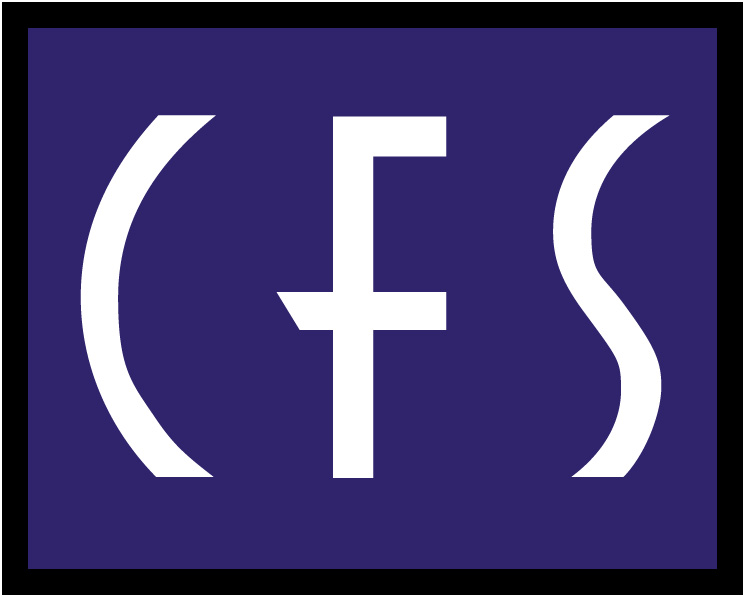Job seekers frequently face the challenge of explaining gaps in their employment history, whether due to personal reasons, health issues, or economic factors. Addressing these gaps with confidence and clarity is crucial. Here are some effective strategies for discussing these employment gaps:
1. Be Honest and Direct
When discussing employment gaps, honesty is crucial. Avoid making up elaborate stories; instead, provide a straightforward explanation. If the gap was due to personal reasons, such as caregiving or pursuing further education, communicate this clearly.
2. Focus on What You Did During the Gap
Highlight any productive activities you engaged in during your time away from the workforce.
This could include:
- Volunteering: Discuss any volunteer work that helped you develop new skills or stay engaged in your community.
- Freelancing or Consulting: If you took on freelance projects, mention them to demonstrate that you were still active in your field.
- Education: If you pursued further education or training, emphasize how this enhances your qualifications for the job you’re applying for.
3. Practice Your Explanation
Before interviews, practice how you’ll discuss your employment gap. Keep your explanation concise and positive. A well-rehearsed response can help you feel more confident and articulate during interviews.
4. Prepare for Follow-Up Questions
Be ready for follow-up questions about your gap. Employers may want to know how you stayed current in your field or what you learned during your time away. Have specific examples prepared to showcase your adaptability and commitment.
5. Keep Your Resume Focused
To discreetly handle an employment gap on your resume, use a format that highlights skills and achievements rather than a chronological work history. Group short-term jobs under a single heading, and emphasize relevant experiences gained during the gap. Additionally, list only years for your positions to minimize the visibility of the gap.
6. Use Your Cover Letter Wisely
Your cover letter is an excellent place to address employment gaps. Provide a brief explanation for the gap and emphasize how your experiences during that period have enhanced your qualifications. This context can help address potential concerns before the interview stage.
Explaining gaps in employment doesn’t have to be daunting. By being honest, you can effectively address any concerns employers may have. Remember, many job seekers face similar challenges, and a well-crafted narrative can turn a gap into a compelling part of your professional story.



